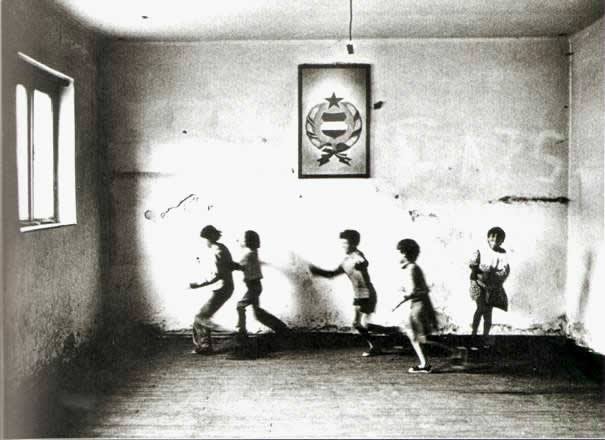The original documents of SZETA (Fund for Aiding the Poor) have survived to our day only in part, and are scattered across private collections. One reason for this is that the one-time papers and publications of the relief organization often fell into the hands of Hungarian censors and secret police. Moreover, over the past 35–40 years, many of the main activists parted ways, and their papers rarely reached public collections. Therefore the almost complete resource collection of SZETA could be composed only virtually so far, with relevant folders located at the Blinken-OSA Open Society Archives, Budapest, the secret police files of the Historical Archives of the State Security Services (ÁBTL), Budapest, and Gabriella Lengyel's online collection, together with some private holdings of Gábor Havas, Bálint Nagy, Ferenc Kőszeg, Gyula Kozák, Zsuzsa Hermann, and others. However, the scarcity of primary sources is greatly compensated by both the samizdat (Napló, Beszélő, Hírmondó, etc.) and the tamizdat (Radio Free Europe Munich, Gazette Litteraire Hongroise Paris, etc.) reports and news services, and the published memoirs of the one-time activists László Kardos, Ferenc Kőszeg, and Ottilia Solt on the history of SZETA.
The Fund for Aiding the Poor was established in the late autumn of 1979 by Hungarian intellectuals thinking outside of official party lines of Communist Hungary. Its founders were Gábor Havas, Gábor Iványi, Gabriella Lengyel, Magdolna Matolay, András Nagy, Bálint Nagy, Katalin Pik, and Ottilia Solt. Later on, several other activists participated in the work for longer or shorter periods. Because in the system of “real, existing socialism,” talking about poverty was considered a taboo, and authorities would have attempted to ban or prevent the activities of SZETA, its founders did not even try to make it a legal entity. According to its founding concept, SZETA was a spontaneous non-governmental initiative, with the purpose of helping those families in need who, in some way, fell through the official public safety net. Through contributors known and anonymous, they collected money, clothing, food, toys, and books for children, which they directly distributed to poor families in the countryside. Apart from these benefits in cash and in kind, members also carried out social work on a voluntary basis: they completed applications and provided legal aid to their often illiterate clients. They started collecting money at the founding event, and delivered financial aid for the first time in December 1979. The recipients of this aid were chosen from the needy, mostly Roma, families that members of SZETA had met during their sociological fieldtrips. Apart from distributing financial aid on a regular basis, members also took part in various events organized by the Hungarian democratic opposition and launched their own activities. In March and June 1980, they started to raise funds by reaching out to a wider network of people they knew, and wrote a circular letter beginning with “Call for supporting the poor.” In September 1980, they organized a fundraising concert with the pianist Zoltán Kocsis, which the authorities banned just a few hours before its start. In the same month they organized an exhibition and auction that had better success, where more than 200 pieces of art were sold. From these proceeds they bought a house for a poor woman whose children had been taken away by the state for lack of proper housing. The main organizers and many volunteers of SZETA were continuously observed by the communist police. The founders received a formal police warning and were fined at the end of 1980 for being members of an illegal organization. In the summer of 1981, SZETA organized a two-week holiday at Lake Balaton for needy Polish children. After martial law was introduced in Poland in December 1981, they started to raise funds for Polish children, as well as organize a camp for the following year. In August 1982, however, the Hungarian and Polish authorities joined forces to prevent Polish children from travelling to Hungary. In February 1983, they published a literary and graphic anthology,
Feketében (In Black), in small numbers—the publication had been prepared over two years, as authorities had come close to thwarting their attempts several times (confiscating the printed books, etc.). In 1984, with no notice or formal disbandment, SZETA stopped functioning. There was an attempt to revive the organization before the fall of the communist system, but as the founding members did not agree on the scope of activity, nothing came of it. After the peaceful fall of communism in 1989, SZETA was reborn as a formal organization, with a new membership and leader, Bea Morvay; several cells were opened all over the country. At the same time, using the newly acquired legal possibilities, several other NGOs with similar mission were created, and SZETA lost its significance.

